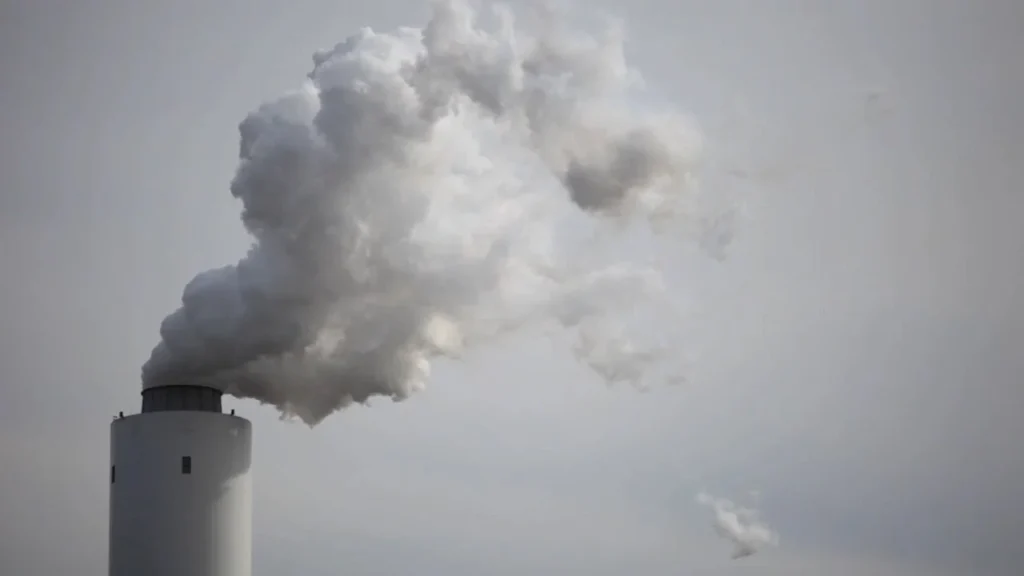Statement by Aly Hyder Ali, Oil and Gas Program Manager
Ottawa | Traditional, unceded territory of the Algonquin Anishinaabeg People –We welcome the analysis released today from Environment and Climate Change Canada on the economic impacts of the consumer fuel charge and the industrial carbon pricing mechanism. It shouldn’t come as any surprise that carbon pricing is projected to slightly reduce GDP in this analysis. But this analysis doesn’t provide a complete picture. It doesn’t compare the economic impacts of carbon pricing versus other policies, nor does it compare it to the costs of inaction, that is, doing nothing about climate change.
Climate change is here, now, and people across the country are facing its disastrous impacts from raging wildfires to droughts and floods. The insured cost for last year’s extreme weather events, including wildfires, was over $3 billion. If we fail to curb climate change, the annual costs to Canada’s economy could be as high as $35 billion, with low-income and other marginalized communities being the worst affected. Virtually every study into this matter finds that the costs of inaction far exceed the costs of fighting climate change.
Climate action is delivering benefits to the Canadian economy as well, as the many recent announcements about new electric vehicle manufacturing and assembly plants clearly attest to.
Although the carbon tax can reduce a third of Canada’s greenhouse gas emissions by 2030, it isn’t enough on its own to prevent the worst impacts of climate change on Canadians. We need additional policies to bridge the gap. Canada needs to urgently move forward with the oil and gas emissions cap and the clean electricity regulations, which have long been in development. These policies were promised years ago and with every delay, the window to prevent the worst climate disasters closes even more.
The federal government has claimed to be serious in its efforts to fight climate change. It must now show us by building on the carbon tax and putting forth other climate policies to hold Canada’s biggest polluters responsible. And if critics want to complain about the costs of any of the policies in place or those in development, they should be transparent about what they would do instead, and how their proposals stack up against Canada’s current path forward.
ABOUT ENVIRONMENTAL DEFENCE (environmentaldefence.ca): Environmental Defence is a leading Canadian environmental advocacy organization that works with government, industry and individuals to defend clean water, a safe climate and healthy communities.
– 30 –
For more information or to request an interview, please contact:
Allen Braude, Environmental Defence, media@environmentaldefence.ca






